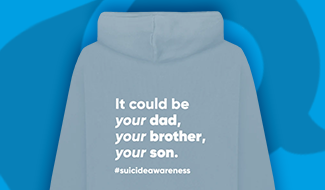March 2016. Citizens Advice Bureau
The family courts are vital in helping people resolve a range of issues. However, the way people use them is changing. Since funding for legal aid was reduced in 2013, there has been an increase in the number of people going to the family courts without a lawyer (as a ‘litigant in person’). Two-thirds of our advisers report an increase in the number of people they see going to court without representation since 2013.
The report identifies eight ways to improve the process of going to the family court alone:
Litigants in person need a clear way to navigate through the court process
Information should be easy to find, consistent, reliable and user-friendly
Paperwork and processes should be designed with the layperson in mind
Since funding for legal aid was reduced in 2013, there has been an increase in the number of people going to the family courts without a lawyer (as a ‘litigant in person’).
The physical court environment must help, not hinder, litigants in person
Litigants in person need the tools to cope with pre-trial negotiations
Guidance for legal professionals needs universal adoption
People need more information to make the most of lawyers’ services
Evidence requirements shouldn’t be a barrier to those eligible for legal aid
The report makes three key recommendations about how courts, professionals and other service providers can address these challenges:
Litigants in person need access to reliable advice and information to determine the validity of their case; investigate alternatives to court; progress their case through different stages; represent themselves effectively and deal with outcomes.
Processes, physical courts and professionals’ behaviour should respond to the increased numbers of litigants in person by ensuring best practice for working with laypeople is provided consistently.
Support for vulnerable people should be more easily accessed. Victims of domestic abuse should be able to access the legal advice and representation to which they are entitled. Other vulnerable groups, such as people with mental health problems, should be signposted to appropriate services.
















